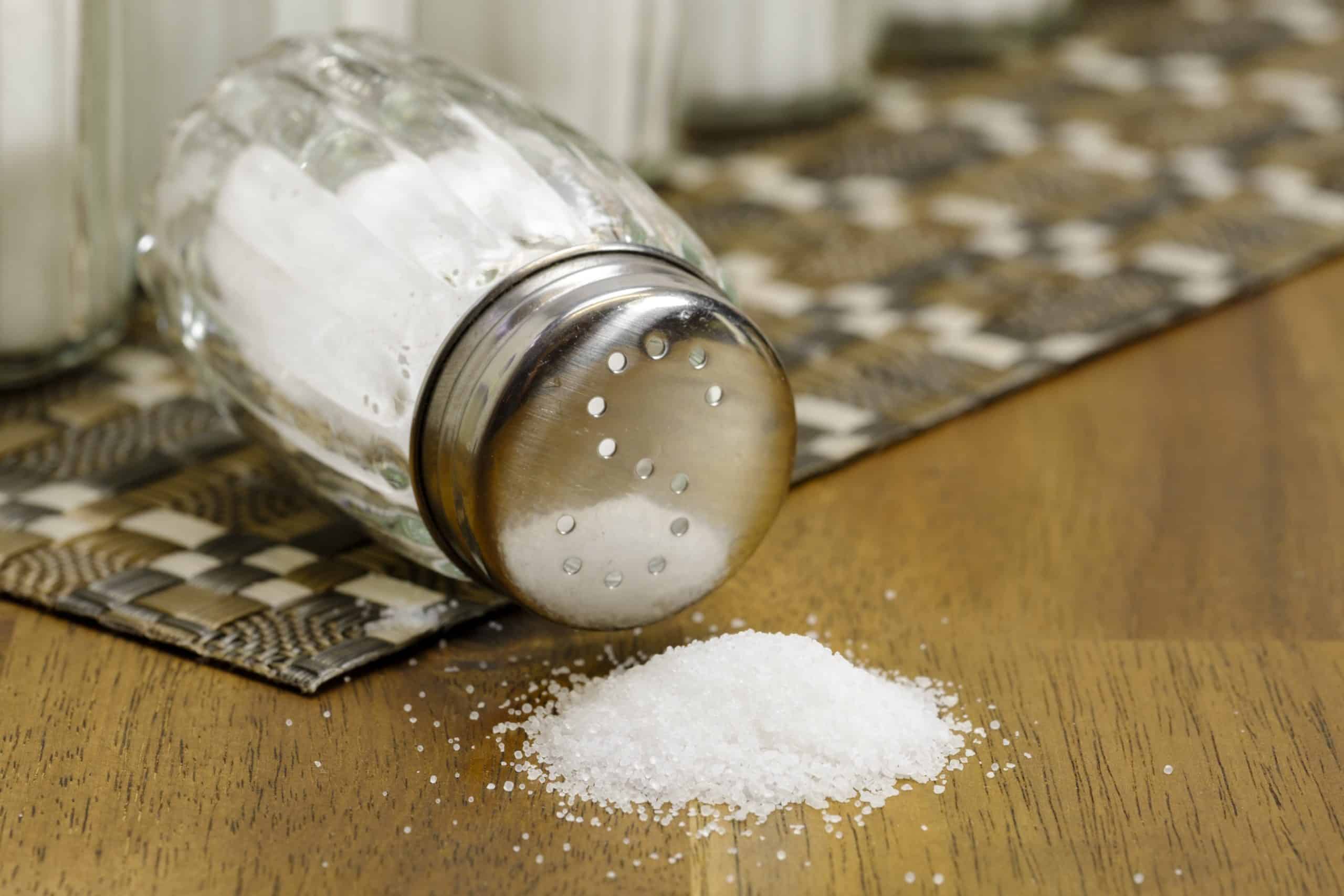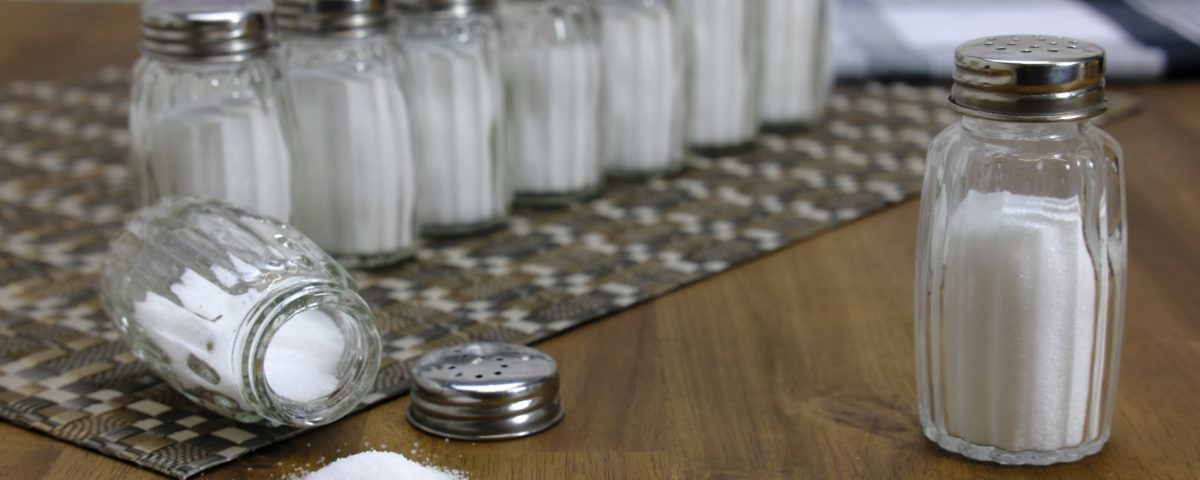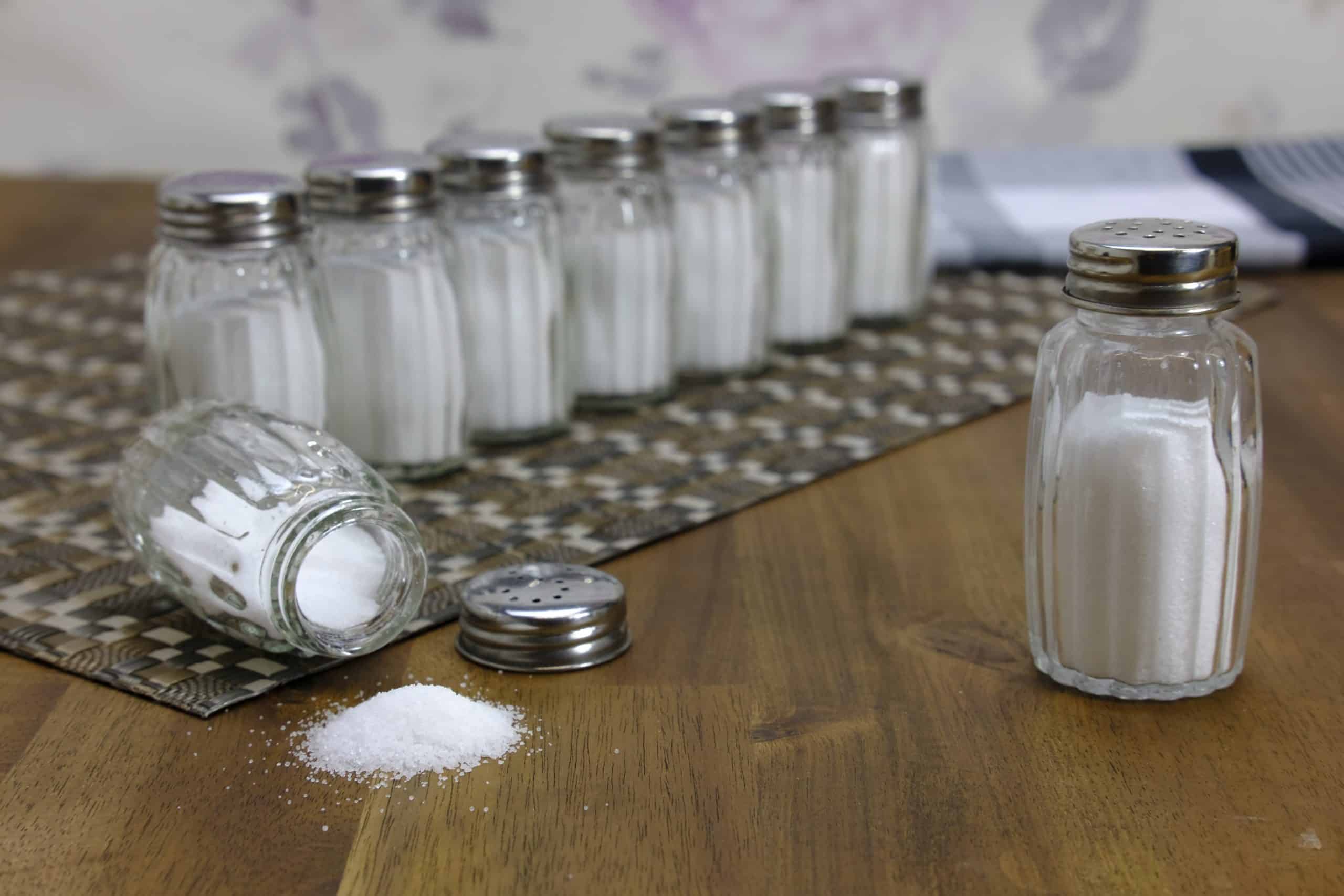Summary
- If you are regularly physically active and eat a balanced diet salt intake is unlikely to be a risk for your health
- Adding salt to your food (pinch or tsp.) for taste and flavour is not a health risk once you are not regularly exceeding intake guidelines
- Athletes or those who regularly exercise can have a slightly higher intake of sodium or salt as sodium is lost through sweating
For many years we have been lead to believe that salt is a food additive that should be avoided or minimised due to a greater risk of hypertension, stroke and heart attacks. However, recent evidence suggests salt is not as bad for us as first thought. For example, a meta-analysis (a powerful re-analysis and summary of many other studies) published in the American Journal of Hypertension found no significant evidence that reducing salt intake will decrease the risk for heart attacks, strokes or death in people with normal or high blood pressure. Irrespective of this finding I am not suggesting that people should now go out of their way to use more salt. The analysis simple states that reducing salt intake didn’t reduce the risk of ill-health. It is generally recommended that most adults have no more than 2,300 milligrams (mg) of sodium daily. For people 51 or older, and for people with diabetes, high blood pressure, or kidney disease, the recommended level is 1,500 mg per day.
 I only advocate eating minimally-processed foods that don’t contain added sugars, preservatives (including salt) and processed fats, hence adding some salt to your foods for taste is unlikely to be a risk for your health. This is particularly true for people who consume a diet high in fresh fruits and vegetables who are therefore taking in high amounts of potassium. Potassium is a key electrolyte that offsets the effects of the sodium present in salt, and reduces the ill-effects of salt intake on blood pressure in particular.
I only advocate eating minimally-processed foods that don’t contain added sugars, preservatives (including salt) and processed fats, hence adding some salt to your foods for taste is unlikely to be a risk for your health. This is particularly true for people who consume a diet high in fresh fruits and vegetables who are therefore taking in high amounts of potassium. Potassium is a key electrolyte that offsets the effects of the sodium present in salt, and reduces the ill-effects of salt intake on blood pressure in particular.
 In addition, for athletes and people who are active through exercise, sodium is lost through sweating which means it is possible you may need a little more salt in your diet – more examples of why regular exercise and fresh, whole foods are so important for good health. In terms of salt, hydration and athletic performance, if you would like to learn more about the vital role sodium plays in hydration? I suggest you read the article on hydration by clicking here.
In addition, for athletes and people who are active through exercise, sodium is lost through sweating which means it is possible you may need a little more salt in your diet – more examples of why regular exercise and fresh, whole foods are so important for good health. In terms of salt, hydration and athletic performance, if you would like to learn more about the vital role sodium plays in hydration? I suggest you read the article on hydration by clicking here.
References
Asayama, K., Stolarz-Skrzypek, K., Persu, A. and Staessen, J.A., 2014. Systematic review of health outcomes in relation to salt intake highlights the widening divide between guidelines and the evidence. American journal of hypertension, 27(9), pp.1138-1142.









